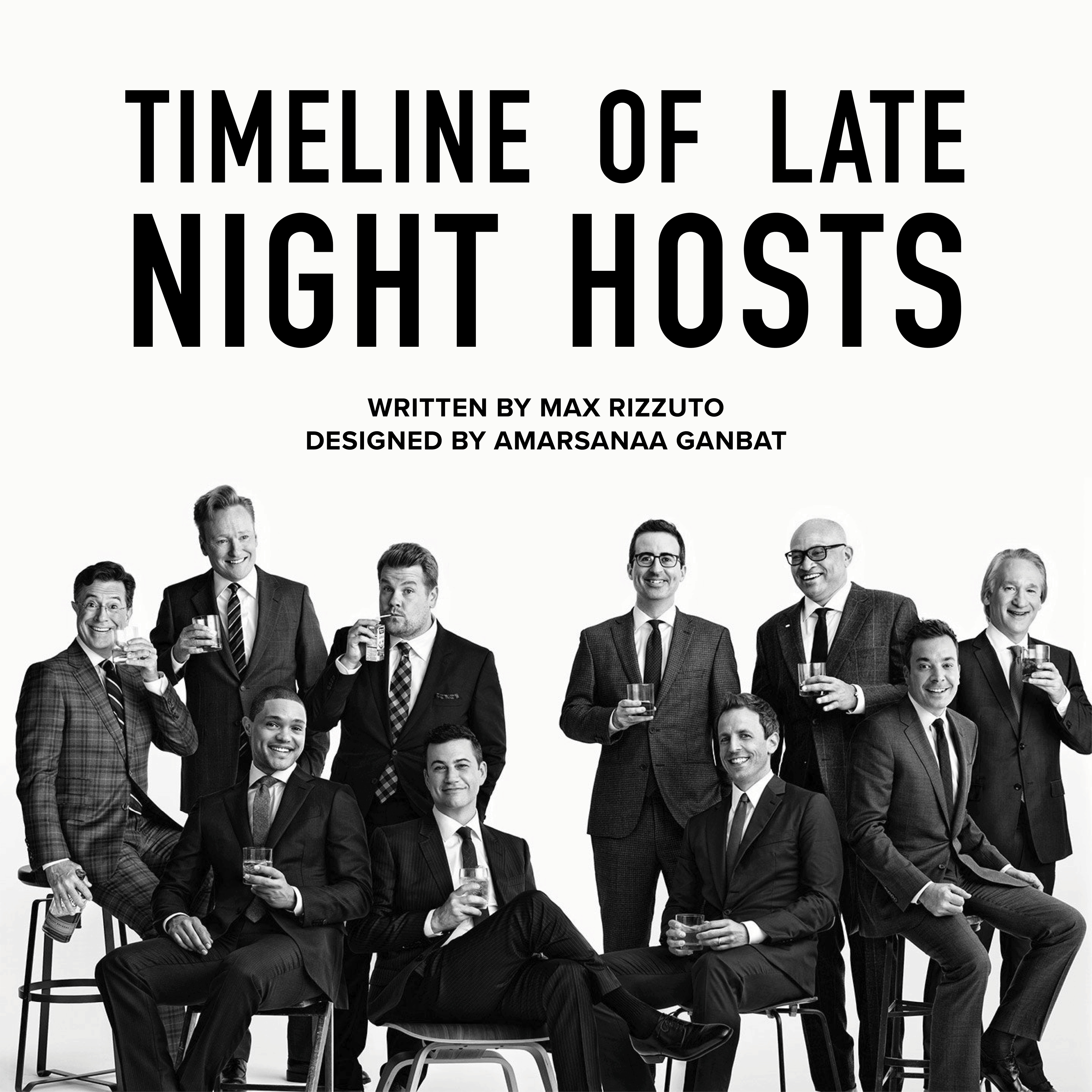
Late-night comedy as we know it appears to be a dying, or at least changing, medium. Television audiences have declined over time as the Internet audience continues to grow. The response of late-night hosts to the pandemic could be a turning point in the history of the genre.
Seth Meyers serves as a prime example of how to adapt to a changing media landscape. During the pandemic, Meyers fostered a much more intimate environment by joking with his writers and crew more frequently. He would often jokingly call out his writers by name after an underwhelming joke or cut to his cue card writer Wally for a sarcastically scripted back and forth. He also started an online exclusive segment (showing his willingness to adapt to a changing media landscape) called “Corrections”, in which he begrudgingly responds to Internet commenters who critique errors in the show from the past week. Even the timing of his jokes changed as he delivered more elaborate and quickly-paced bits.
His audience has only been back for a few episodes, but Meyers appears to have maintained the intimacy of the show while feeding off the energy of the audience even amidst the pandemic. His rapidfire bits have remained, which are a refreshing change from the stately delivery of other late-night hosts.
Stephen Colbert, on the other hand, is considered one of the most traditional late-night hosts to exist. The Late Show’s format and Colbert’s stiff delivery call back to a much more formal era of television.
During the pandemic, however, The Late Show underwent a total tonal shift. Colbert could be found at his in-laws’ house during the early days of the show, his monologue filled with the warmth and charisma of a family man. He would even often interrupt his script to joke with his loved ones. During his return, his set was intimate and homely, almost reminiscent of a YouTuber’s backdrop. Colbert almost never broke character on The Daily Show and The Colbert Report, so his true identity was somewhat unknown before his tenure on The Late Show. After six years, it feels as if Colbert might have settled into a genuine identity.
It is disappointing, however, to see Colbert return to his stilted pre-pandemic persona and cheap political comedy. He appears increasingly aware that his show is at the top of the ratings, and his hubris is as noticeable as ever. Colbert’s reluctance to change is a disappointing reminder of the inertia of late-night television.
Late-night television is a confusing medium. Its response to a changing media landscape could prove its demise as television audiences continue to dwindle. Meyers appears to have maintained the intimacy and timing from his show without an audience, while Colbert’s disheartening return illustrates why late-night television as we know it may be nearing its final act.